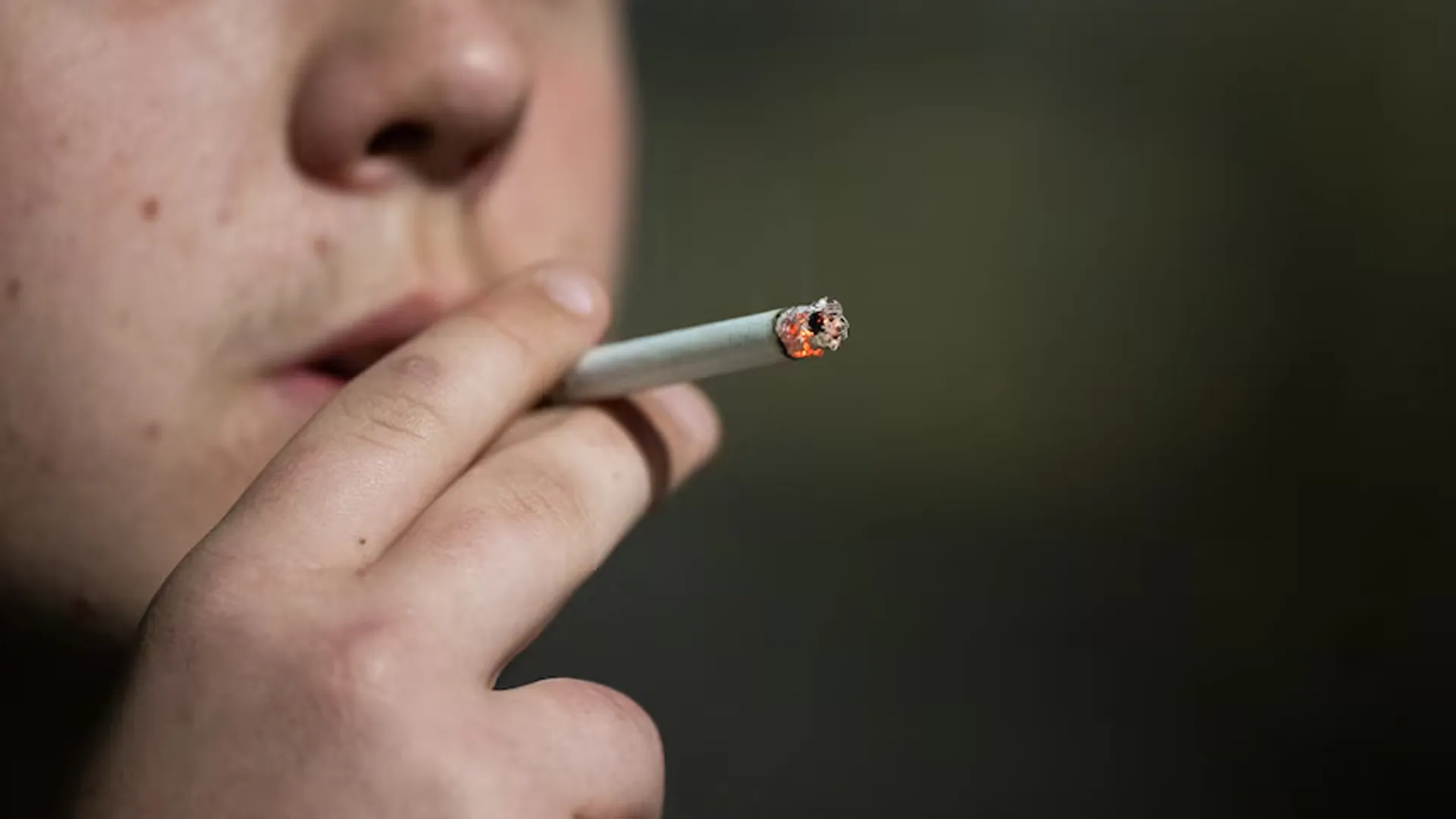Australia has introduced a sweeping set of new tobacco regulations aimed at reducing smoking rates and deterring new smokers. The laws, passed in late 2023, officially come into effect today, bringing significant changes to the appearance, ingredients, and packaging of tobacco products.
Retailers have until July 1 to get rid of existing stock before full implementation. The actions follow Australia’s trailblazing plain packaging legislation in 2012 and are predicted to deter tobacco smoking further.
Major Changes in Tobacco Legislation of Australia
The new tobacco regulations include the following:
- Standard packs and stick lengths: Novelty pack sizes and unusual cigarette lengths are no longer available from tobacco firms.
- New graphic health warnings: Packs will contain new warnings with new information on smoking hazards, such as cervical cancer and diabetes.
- Print warnings on cigarettes: Australia takes a cue from Canada in mandating health warnings on individual cigarette sticks.
- Banned flavor-enhancing ingredients: Menthol and other ingredients that make tobacco taste better are now banned.
- New Graphic Health Warnings on Packaging
Australia pioneered plain packaging legislation back in 2012 by stripping cigarette packs of their logos and branding. But studies indicate that static warnings are less effective with the passage of time.
Updated ten of the new laws, cigarette packs will now carry health warnings with messages highlighting the dangers of cervical cancer, diabetes, and other diseases caused by smoking. Roll-your-own tobacco, cigars, bidis, and shisha products also need to carry such warnings.
Health Warnings Printed Directly on Cigarettes
For the first time, Australian cigarettes will have printed health warnings on filter paper. The move comes after a comparable initiative in Canada in 2023. The legislation also sets cigarette size, shape, and color to an end for manufacturers attempting to use design features to appeal to certain groups. Long, thin cigarettes, for instance, have been sold as trendy, weight-conscious options for women.
Ban on Menthol and Other Additives
The new laws ban ingredients that make tobacco taste better, making it more attractive to smoke—especially for new and young smokers. Menthol, one of the main targets of the ban, has been used for a long time to disguise the harshness of tobacco smoke, allowing novice users to smoke without discomfort.
Menthol-flavored, crushable capsules that are also popular with Australian youth are banned under the new legislation. Research has found that teens using such products have a greater tendency to become chronic smokers.
Some of the countries that banned menthol ahead of others include Canada and members of the European Union, where both sales of tobacco have gone down and the number of smokers who have quit the habit has risen.
The US Backtracks on Menthol Ban
As Australia advances with tough tobacco control policies, the United States has gone in a different direction.
Menthol cigarettes have been disproportionately targeted at African Americans since the 1950s and now represent one-third of the US cigarette market. Public health activists have advocated for a ban on menthol for more than a decade, pointing to its contribution to addiction rates.
The US Food and Drug Administration (FDA) put forward a menthol ban in 2022, and the 2024 US Surgeon General report emphasized that menthol products lead to addiction, specifically among Black, Native Hawaiian, Pacific Islander, female, and LGBTQ+ smokers.
But with the Biden administration, the FDA postponed the implementation of the rule. In January 2025, the Trump administration formally withdrew the prohibition, stopping it from going into effect. Public health specialists project that a menthol prohibition in the US would have lowered smoking by 15% and saved as many as 238,000 African American lives.
Cracking Down on Illicit Tobacco Market of Australia
Despite Australia’s stringent rules, illegal tobacco trading persists as a source of concern. Organized crime syndicates continue to smuggle and distribute illicit tobacco products, making a mockery of public health initiatives.
Hitherto, two of Australia’s most populous states did not license tobacco vendors, and Queensland did not establish any licensing rules until last year. Specialists contend that tighter supply chain control is necessary to stemming the illicit trade.
To fight illegal tobacco sales, Australian officials are demanding:
- Universal licensing for all tobacco sellers and suppliers
- Steeper penalties for companies caught selling illegal tobacco
- Periodic, open reporting on the extent and size of the black market
Companies that defy tobacco laws may incur heavy fines, license revocation, and even criminal prosecution.
What’s Next for Tobacco Control in Australia?
With these new regulations, Australia remains the world leader in tobacco control. Public health professionals predict that the prohibition, graphic warnings, and standardized packaging will continue to decrease smoking levels. Yet, continued action is required to prevent illicit tobacco sales and make tobacco products hard to find.
Australia’s response can be taken as an example by other nations contemplating more forceful anti-smoking policies. While the US has gone backward on menthol bans, Australia’s new legislation reiterates its dedication to tobacco harm diminishment and to public health.























